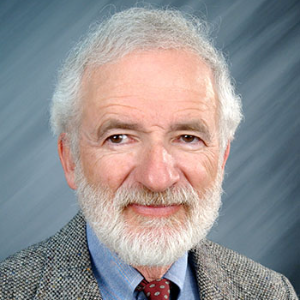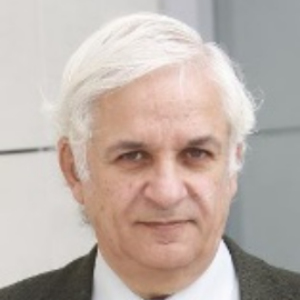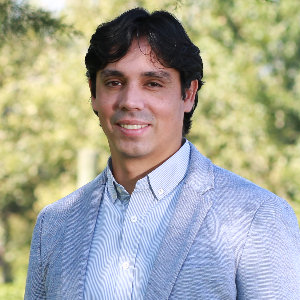Electrochemistry, Electrolysis and Corrosion
The field of chemistry concerned with the relationship between electricity and chemical change is known as electrochemistry. Many naturally occurring chemical processes release electrical energy, and some of these reactions are utilized to generate electricity in batteries and fuel cells. Electrochemical cells are devices that convert chemical energy into electrical energy. Electrical energy, on the other hand, can be used to power electrochemical reactions. Batteries, accumulators, fuel cells, and electrolytic cells are examples of electrochemical cells. An electrochemical cell is made up of two half-cells, each of which contains an electrode that is submerged in an electrolyte.
The process of dissolving ionic compounds into their constituent components by delivering a direct electric current through the complex in a fluid form is known as electrolysis. At the cathode, cations are reduced, whereas anions are oxidised. An electrolyte, electrodes, and some type of external power source are necessary for conducting electrolysis.
Corrosion is the degradation of a substance as a result of its interaction with its environment, and it can happen at any place or at any time throughout the processing of petroleum and natural gas. Corrosion is defined as the deterioration of a metal due to the action of corrosive substances. Corrosion is a hazardous and expensive condition. Buildings and bridges can collapse as a result of it, oil pipelines can burst, chemical facilities can leak, and restrooms can flood.

Arthur J Nozik
University of Colorado, United States
Stanislaw Dzwigaj
Sorbonne-Universite-CNRS, France
Haibo Ge
Texas Tech University, United States
Ashanendu Mandal
University Of Calcutta, India
Victor Cerda
Sciware Systems, Spain
Tokeer Ahmad
Jamia Millia Islamia, India


Title : Application of metal Single-Site zeolite catalysts in catalysis
Stanislaw Dzwigaj, Sorbonne-Universite-CNRS, France
Title : Designing of nano-sized heterostructures for hydrogen production using overall water splitting
Tokeer Ahmad, Jamia Millia Islamia, India
Title : United Nations’ strategy responding to climate change
Dai Yeun Jeong, Asia Climate Change Education Center, Korea, Republic of
Title : Thermal and mechanical processes and reactions in reversible behavior of shape
Osman Adiguzel, Firat University, Turkey
Title : An innovative magnetic resonance spectroscopic method for catalysts’ activities
Mohamed A Morsy, King Fahd University of Petroleum & Minerals, Saudi Arabia
Title : Engineering stable, expressible, functional industrial enzymes with protein sequence likelihood models
Shawn Reeves, University Of Waterloo, Canada